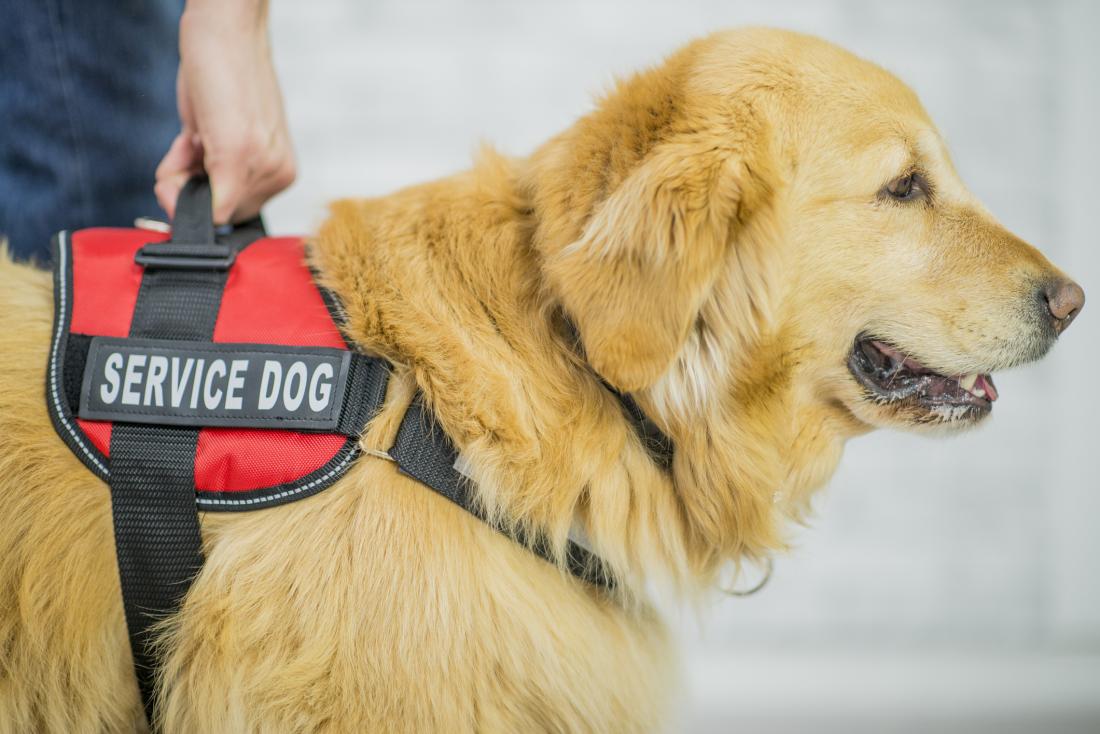

Depression is one of these conditions.Īccording to a 2014 report by the U.S. The term “invisible disability” encompasses many medical conditions (including mental and neurological) that are invisible to an onlooker. Unlike a physical disability that may be obvious due to the use of an assistive device, such as a wheelchair or cane, an invisible disability is an impairment that’s not immediately apparent.

Examples include guiding a person who is blind or taking protective action when a person is having a seizure.
#MA SERVICE DOG LAWS REGISTRATION#
Similarly, registration as an assistance animal under the Companion Animals Act 1998 does not necessarily provide proof of training or verify use of the animal to allow entry to a public place or public transport.įor further information contact a representative for Transport for NSW on 131 500 who will be able to assist with queries on rail and bus travel for all types of animals.A service dog is one that has been trained to do work or perform tasks for a person with a disability. It is a matter for the person in charge or control of the building, place or public transport to determine, in their discretion, whether the person’s disability and use of an assistance animal meets the provisions of the Commonwealth Disability Discrimination Act 1992.ĭocumentation may be required to verify that the animal has been appropriately trained and is being used to assist or alleviate a disability.Īn animal does not necessarily need to be registered as an assistance animal under the Companion Animals Act 1998 to be permitted access to a public place or public transport. A person who is accompanied by an assistance animal must not, without reasonable cause, be denied access to a public building or place, or any public transport, if the person has a disability and is using the animal to assist them.

it is reasonably necessary to supply additional accommodation for the animal and a reasonable charge is applied for that accommodation OR.It is unlawful to impose a charge on a person to enter a place open to, or used by the public, only because the person is accompanied by an assistance animal unless: Their policies may be publicly available. They may be guided by their organisation’s own policy to help them to determine this.

Staff in charge of access to public places and transport are entitled to request reasonable proof that your animal is a genuine assistance animal. Entry cannot be refused without reasonable cause.Īn animal does not need to be registered as an assistance animal under the Companion Animals Act 1998 to be permitted access to a public place or public transport. However, a person with a disability is entitled to be accompanied by an assistance animal in public places and on public transport while he or she is genuinely using the animal for assistance. In general, animals are prohibited from entering certain public places – see further information in the Prohibited areas page.


 0 kommentar(er)
0 kommentar(er)
